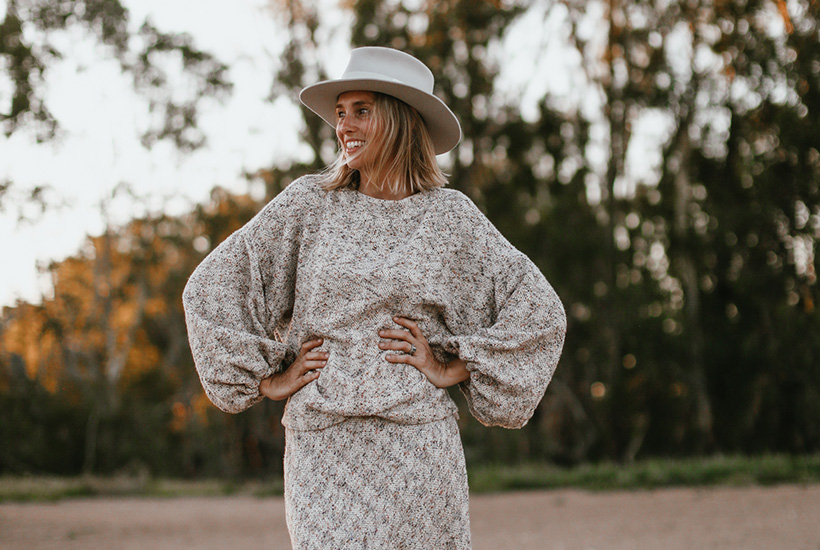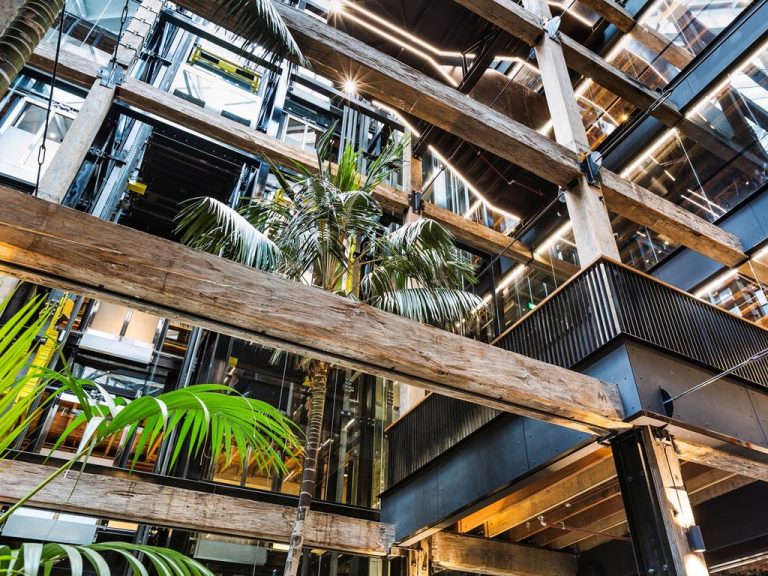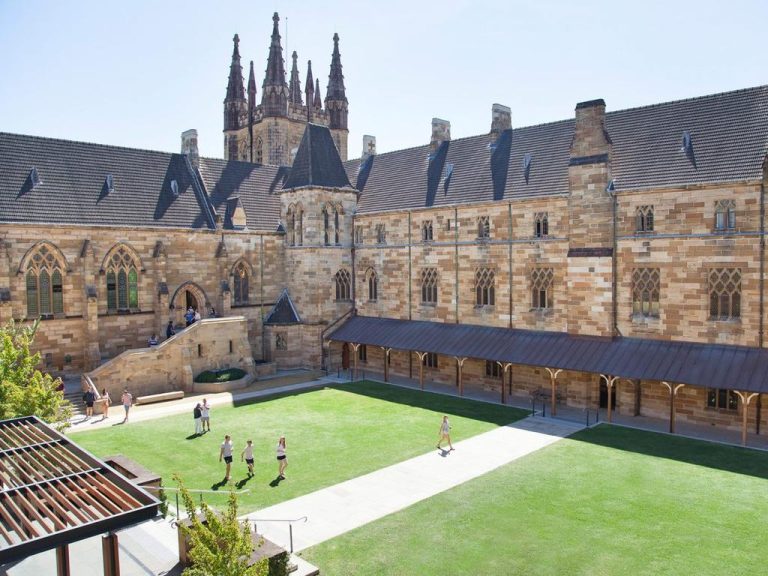The power of connection driving Australians to shop small and local this Christmas

This Christmas, more Australians than ever want to “shop small” and “shop local”, according to retail experts and those behind burgeoning online platforms tapping into the phenomenon.
While online marketplaces such as Buy from the Bush and Spend with Us, which connect small, often rural businesses with shoppers across the country, emerged after bushfires and droughts in recent years, even more digital players, like Buy Something from Tasmania and Localling are entering the space as COVID seemingly changes spending habits for good.
Traditional shopfront businesses are reporting an uptick in customers consciously choosing to shop in their neighbourhood or suburb.
The industry experts noting the trend say the days of visiting a generic mainstream mall to buy every Christmas gift in one hit are fading fast.
‘Make a connection, a difference’
Buy from the Bush publicist Georgie Robertson said although the popular site for Australian bush businesses pre-dates COVID, it has noted the post-pandemic preference for local and small-scale.

A handmade grazing board with oil and vinegar set sold on Buy from the Bush by Morella Grove, based in Griffith, New South Wales. Picture: Morella Grove
Just as was the case when Grace Brennan launched the concept – which was an Instagram page before morphing into a curated online marketplace that takes a commission – from her New South Wales farm in 2019, shoppers this year want to “make a connection and make a difference.”
“As they did post-bushfire and drought, people really want to support small and local businesses that might be struggling given everything that’s happened with COVID,” she said. “They want that connection and to understand the story behind the maker they’re buying from.”
Retail strategist Salena Knight agreed that the importance of community, a key theme during COVID – especially in Melbourne, where residents’ movement was limited to set-kilometre radiuses for large portions of lockdown – was fuelling the consumer shift.
Whether it’s spending online or in local bricks and mortar stores, “coming out of the last 18 months, consumers want to feel good about where their money is going and who it’s supporting”.

A towel sold on Buy from the Bush by Seeking Summer, which is based in Manilla, New South Wales. Picture: Seeking Summer (left); Bright Hen tea towels, oven gloves and aprons sold on Buy from the Bush by The Farmer’s Pantry, which is based in Durham Lead, Victoria. Picture: The Farmer’s Pantry (right)
The feel-good factor is important too, she added.
“When someone asks you about that beautiful laptop bag you’re carrying, you don’t get nearly as much sense of pride saying ‘I got it at DJs’ than you do when you recount the story of how it’s hand-stitched by an artisan leather maker in country NSW who puts hours into finding the correct colour combinations of stitching, leather, and buckles, do you?”
Susy Jones, the founder of Localling, which is still a few months away from going live, said she was inspired to create the start-up after seeing first-hand the devastating effects of lockdown on her family’s Melbourne restaurant.
“I’m on a mission to shake up how shoppers find and buy from local businesses. Think of it as a hybrid of that balloon gift business, those food delivery apps, the multi-store gift cards for major retailers you see in major supermarkets, and online gift and gift card stores, but for local business,” she said.
A geolocation feature will mean consumers can find a “local” product, service, or gift from independently owned small-to-medium-sized local businesses, ranging from restaurants to day spas and even artists.
Unique retail fuelling entrepreneurial economy
A survey by global commerce platform Shopify identified the “buy local” trend too, with 60% of shoppers planning to buy from locally-owned stores in big pre-Christmas sales such as Black Friday.

PHYLLi’s The Staple hat sold on Buy from the Bush. Picture: Steph Hunter.
Shaun Broughton, managing director of Shopify Asia Pacific, said buying local was followed by buying at department stores at 53% and big-box retail locations at 40%.
“With so many amazing and unique local retailers emerging around the country, keeping Australia’s entrepreneurial economy well and truly thriving, it’s no wonder consumers are keen to throw their support behind local businesses that may have done it tough in 2021,” he said.
Supply chain and shipping still an issue
On the surface, buying from a small producer online or in-person from a local store might seem like a way to circumvent the supply chain disruptions and shipping delays caused by COVID, but it’s not always the case, Ms Knight said.
“Buying local is certainly going to allow you access to stores that can get you products as soon as possible but it’s easy to fall into the trap of thinking you’ll just pop into your local boutique or toy store and get everything you want.
“The biggest stressor, for retailers and customers, is the huge global supply chain issues we’re facing. Many independent retailers won’t be able to access to the range and the number of products they would normally.
“Larger stores have ways of mitigating supply chain issues (to a degree) but smaller retailers rely on distributors being able to source the products and being able to get access to the products that have landed if the bigger stores haven’t already stepped in and taken it.”







